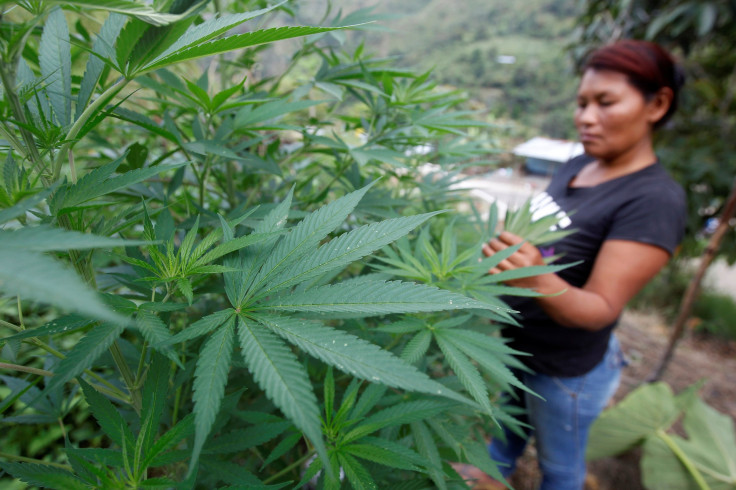Marijuana may alter brain’s natural reward circuits and hamper brain activity and decision making

Smoking marijuana on a regular basis may disrupt the brain’s natural reward process. Researchers at the Center for BrainHealth at The University of Texas at Dallas revealed that daily cannabis use could affect a smoker’s ability to maintain relationships and also make decisions as his/her perspectives on rewards and risks get altered.
The study, published in Human Brain Mapping, suggested that based on a person’s brain activity, it is possible to ascertain whether a person’s drug use is recreational or problematic. The scientists involved in the study made it possible to identify chronic marijuana users from h how their brains respond to cannabis cues compared to natural reward cues.
RELATED: Australian scientists reveal grave cannabis effects on future generations through DNA alteration
“We found that this disruption of the reward system correlates with the number of problems, such as family issues, individuals have because of their marijuana use. Continued marijuana use despite these problems is an indicator of marijuana dependence,” said Dr. Francesca Filbey, director of Cognitive Neuroscience Research in Addictive Disorders at the Center for BrainHealth and associate professor in the School of Behavioral and Brain Sciences in a statement.
For the first time, the researchers demonstrated using functional magnetic resonance imaging (fMRI) that long-term cannabis smokers had more brain activity in the mesocorticolimbic-reward system when presented with cannabis cues than with natural reward cues. These brain alterations may well act as markers of transition from recreational marijuana use to dependent marijuana use.
The study involved 59 daily cannabis users and 70 nonusers. The researchers also accounted for potential biases such as other drug use or traumatic brain injury. The participants were asked to rate their urge to take cannabis after looking at various marijuana cues such as bongs, joints and pipes. They were also shown images of various fruits. On average, the cannabis participants had used the drug for 12 years.
The users had more brain activity in the mesocorticolimbic-reward system than nonusers when shown the first set of images. Thus, these brain alterations revealed when a cannabis smoker’s drug use transitioned from recreational to something more harmful.





















